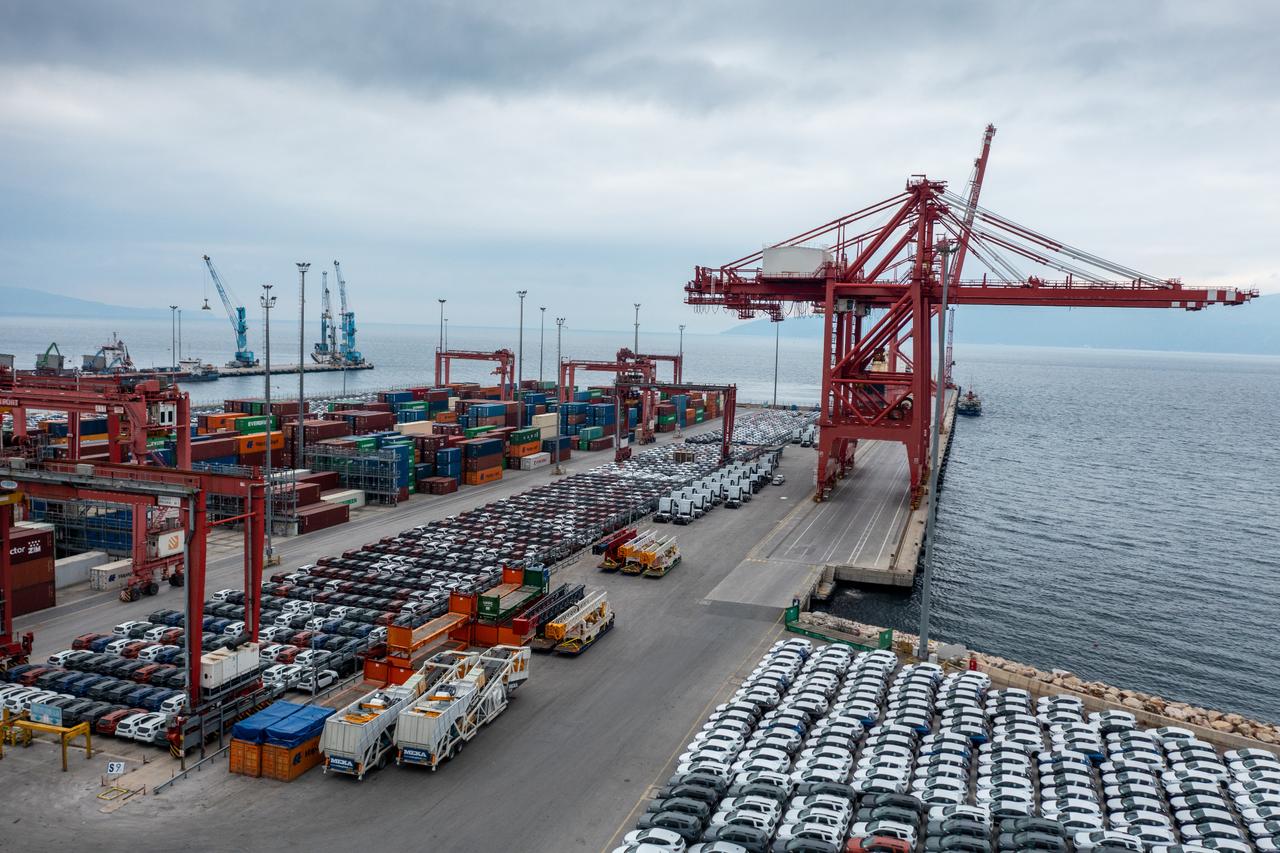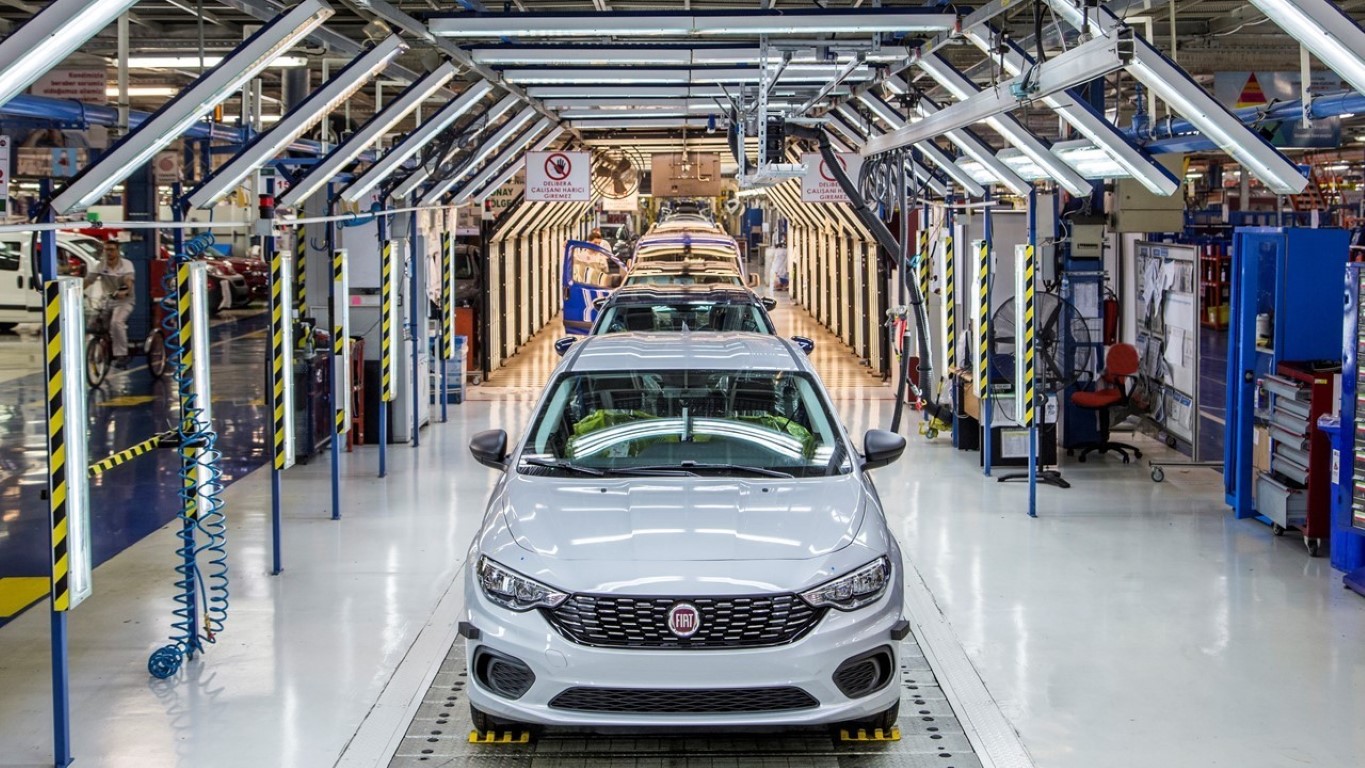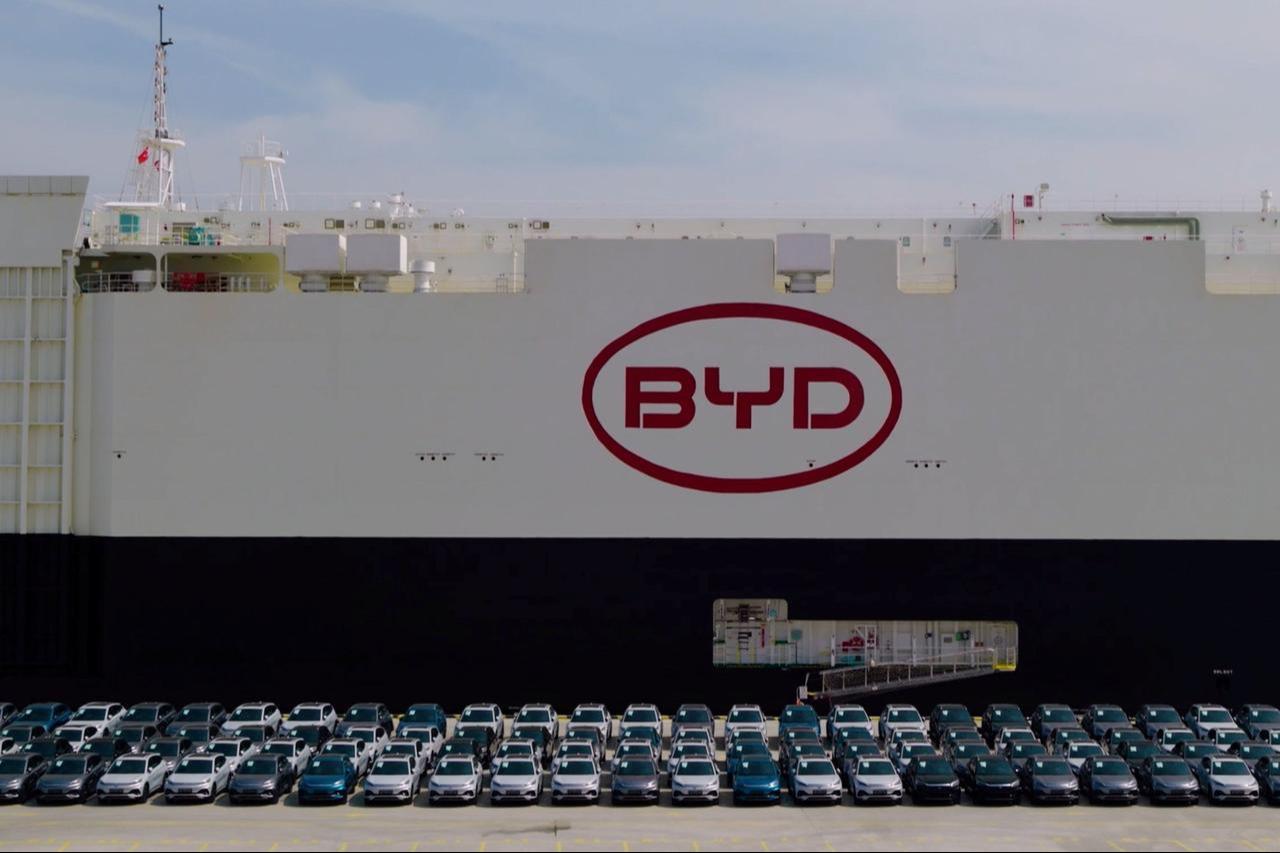
Türkiye's Trade Ministry unveiled new tariffs on passenger car imports Monday, setting rates of up to 30% or $8,500 per vehicle, depending on the model and category.
The regulation applies to vehicles imported from countries outside the European Union and nations with which Türkiye has free trade agreements. The decision was published in the Official Gazette and will take effect 60 days after publication.
The decision comes after a Special Consumption Tax (SCT) hike in July on electric vehicles (EVs), which raised the lowest SCT bracket from 10% to 25%, while tax rates for locally manufactured gasoline and diesel vehicles were reduced.
The ministry said the measures are designed to shield domestic production from increasing import pressure and unfair competition. "Our ministry continues its efforts to defend domestic and national production against the pressure of intense imports and unfair competition, while also protecting employment and reducing the current account deficit," the statement read.
The statement emphasized the automotive sector’s strategic role in Türkiye’s economy, highlighting its contribution through manufacturing, exports, and direct and indirect employment.
The ministry cited shifting global market trends and supply chains, as well as the rise of protectionist policies worldwide, as the main reasons behind the decision. "In light of global trade wars and increasing protectionism, it has become necessary to protect our sector from the growing pressure of imports," the ministry noted.
Meanwhile, a presidential decree issued the same day removed the 60% additional tariffs on U.S. auto imports that had been in place since 2018, bringing American car imports in line with other sources.

Under the new regulation, additional financial obligations will apply as follows:
The decision is expected to affect imports of well-known global brands that are not produced locally, particularly Japanese companies Toyota, Honda, and Nissan.

For import transactions already in progress, a transition period has been granted before the rules come into force.
The ministry added that it will continue working with relevant institutions to develop policies that support domestic production, employment, and exports in the automotive sector, while also considering global trends and consumer needs.